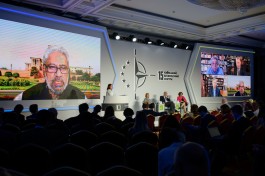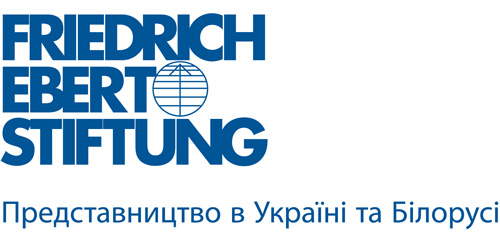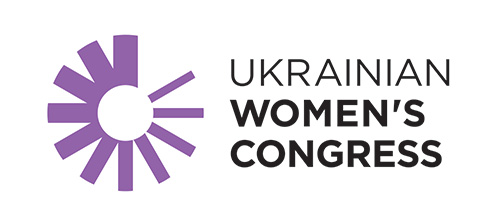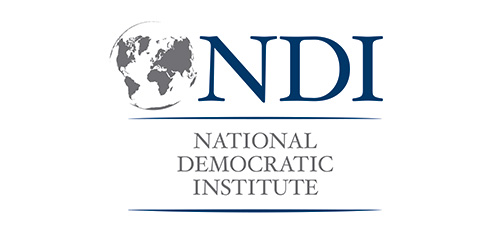Sanctions against Russia should remain – Member of European Parliament Arne Lietz
Sanctions against Russia should remain till the Minsk agreements are fully implemented. This is the opinion of Arne Lietz, Member of European Parliament (Germany), expressed at 10th Kyiv Security Forum held by the Arseniy Yatsenyuk Foundation Open Ukraine.
“We closely follow the situation in the East of your country and insist on the full implementation of the Minsk agreements. It is the condition for dilution of sanctions against Russia”, he said. At the same time, Arne Lietz stressed: “It takes two to tango, and one cannot expect the implementation of the Minsk agreements from one side. This should be done only on the bilateral basis”.
According to the Member of the European Parliament, the sanctions against Russia are efficient “and Putin knows that people will not support him forever, especially if the economic situation grows worse steadily”. Therefore, it is very important to keep the sanctions against Russia.
He also welcomed the European Parliament decision on granting Ukraine a visa-free regime and reminded that similar decisions have already been taken in respect of Georgia and Moldova. “This step is very important as the relations with the countries in this region should improve. We must deepen our economic cooperation and public diplomacy... The Russian propaganda would be less effective if we maintain these ties”, Arne Lietz stressed.
At the same time, the parliamentarian noted that the EU could not completely break ties with Russia. In particular, he noted the need for support of civil society in Russia, which experienced a fierce pressure, and the need for cooperation in environmental issues.
For reference:
Kyiv Security Forum was launched by the Arseniy Yatsenyuk Foundation Open Ukraine in 2007 is an annual international event to high-level discussions on the current issues in the Black Sea region and wider Europe. The Forum aims at increasing security cooperation between the EU and the Black Sea region, raising awareness about regional developments among key regional players, promoting the role of independent and non-governmental actors in setting the security agenda in Europe.


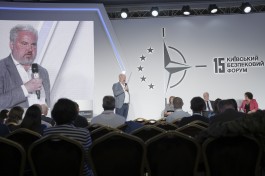

-tmb-265x176.jpeg)

